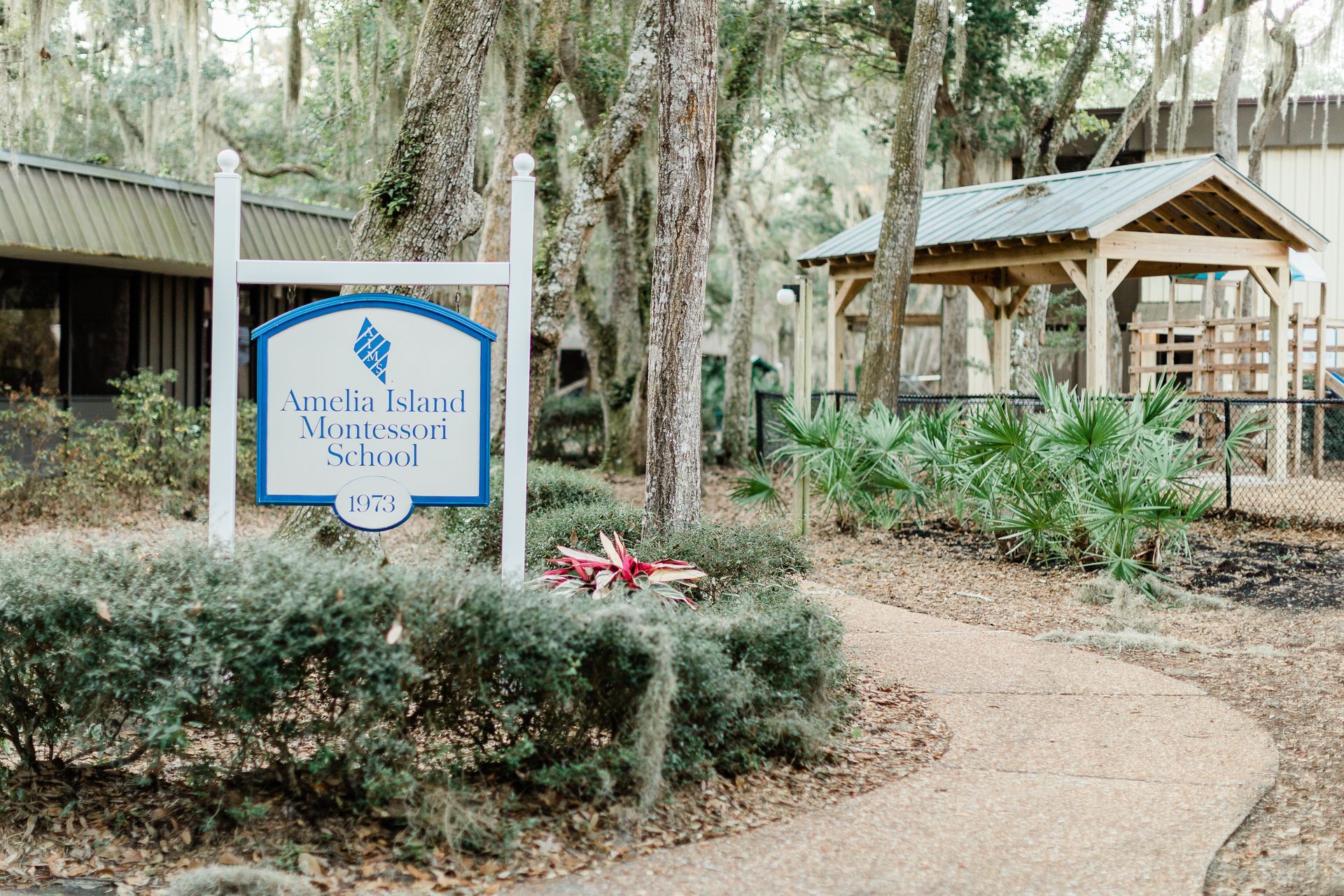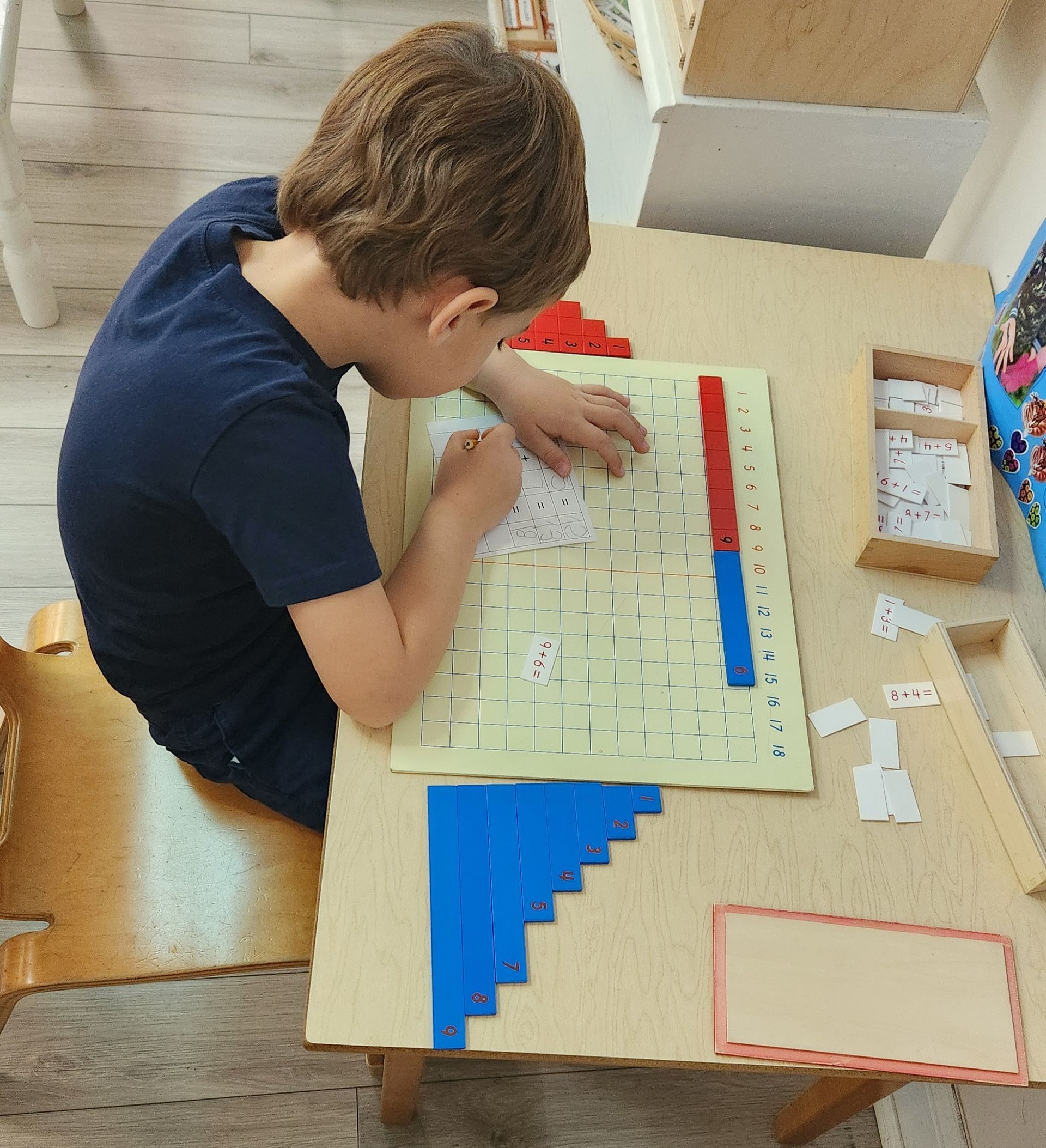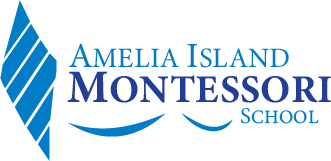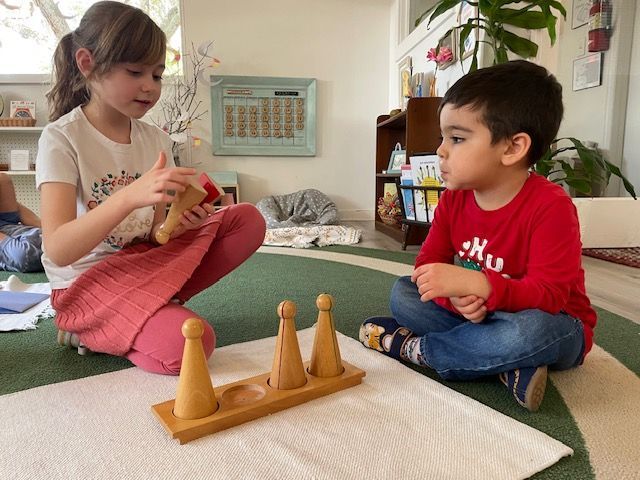
AIMS Once Again Earns Dual Accreditation
At Amelia Island Montessori School (AIMS), we have always been dedicated to providing a child-centered education that nurtures independent thinkers and cultivates collaborative citizens. We are proud to share an incredible achievement that places our school in a league of its own; once again, we have earned dual accreditation from both the Florida Council of Independent Schools (FCIS) and the American Montessori Society (AMS).
This distinction is no small feat. AIMS is the only private school in our geographic area to hold these prestigious accreditations, a reflection of our unwavering commitment to excellence in education, school governance, and the well-being of our students.
A Rigorous and Rewarding Journey
The accreditation process was a long and thorough endeavor, one that required deep reflection, collaboration, and dedication from our entire school community. Last November, we welcomed a seven-member accreditation team to our campus, where they conducted an in-depth evaluation of our programs, operations, and adherence to best practices. Their review confirmed what we already knew—AIMS stands as a beacon of quality education, Montessori methodology, and ethical leadership & governance.
What These Accreditations Mean for Our Students & Families
With AMS accreditation, AIMS joins an elite group of schools that have met the gold standard for Montessori education - only 15% of all AMS-affiliated schools can say the same. This distinction affirms that we provide an environment where children thrive academically, socially, and emotionally, all while upholding rigorous standards within the Montessori philosophy, as well as in areas of health, safety, finance, and administration.
Our FCIS accreditation further underscores our commitment to excellence in independent education. It assures families that AIMS meets highly respected, statewide benchmarks for quality, financial stability, and professional development while also giving us a voice at the state level to protect independent schools.
A Celebration of Our Community
Achieving dual accreditation is more than just a stamp of approval. It is a reflection of the immense dedication from our faculty and staff, the support of our families and our Board of Trustees, and the vibrant learning environment that our students experience every day. This achievement belongs to our entire school community, and we couldn’t be more proud.
As we celebrate this milestone, we remain focused on the future as we continue to provide a transformative Montessori education that inspires a love of learning and empowers our students to become the leaders of tomorrow.
Thank you for being part of our journey. Together, we are shaping something truly special at AIMS.


